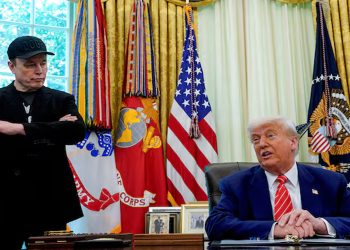TikTok’s operations in the United States face a looming threat as a federal ban on the app is set to take effect on January 19, 2025, unless ByteDance, its Chinese parent company, divests its U.S. operations.
This development stems from the Protecting Americans From Foreign Adversary Controlled Applications Act, passed in April 2024, which aims to restrict apps linked to foreign adversaries over national security concerns.
The law prohibits new TikTok downloads and updates from U.S. app stores and prevents service providers from maintaining the app. TikTok challenged the law in court, citing First Amendment violations, arguing that banning the platform infringes on Americans’ rights to free speech and participation in a global community.
However, the U.S. Court of Appeals for the D.C. Circuit upheld the law and denied TikTok’s request for an injunction while the case proceeds to the Supreme Court. The Supreme Court has scheduled arguments for January 10, 2025, to decide the app’s fate, focusing on constitutional concerns and national security
Possible outcomes
The Supreme Court could either allow the ban to proceed or issue an injunction while it deliberates. If ByteDance sells its U.S. operations to a suitable buyer, the ban could be avoided. The President could extend the divestment deadline, although he has shown no intent to intervene at this stage.
As of now, the future of TikTok in the U.S. hinges on the Supreme Court’s decision. The ban is not yet final, and its implementation will depend on the Court’s ruling and ByteDance’s actions before the deadline. This high-profile case continues to unfold, with significant implications for the tech industry and U.S.-China relations.


































